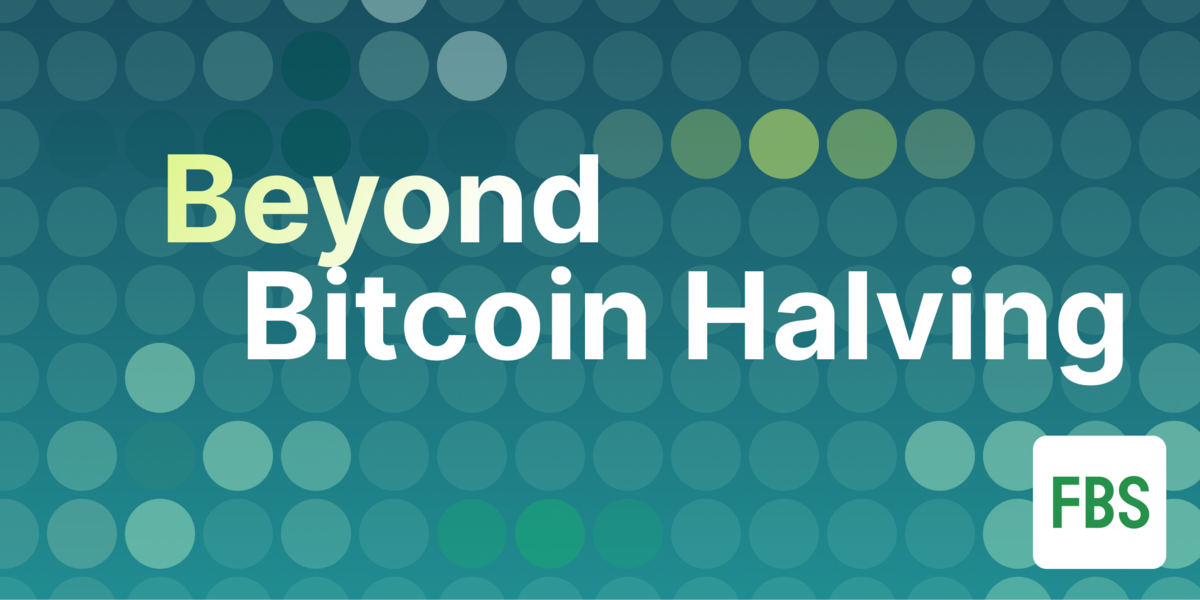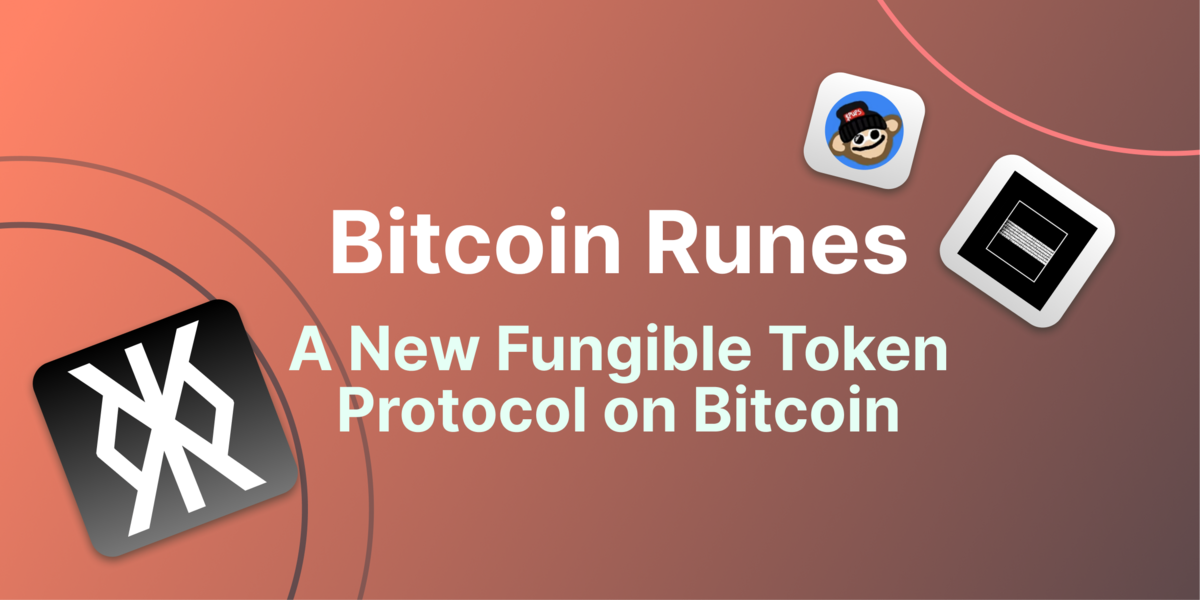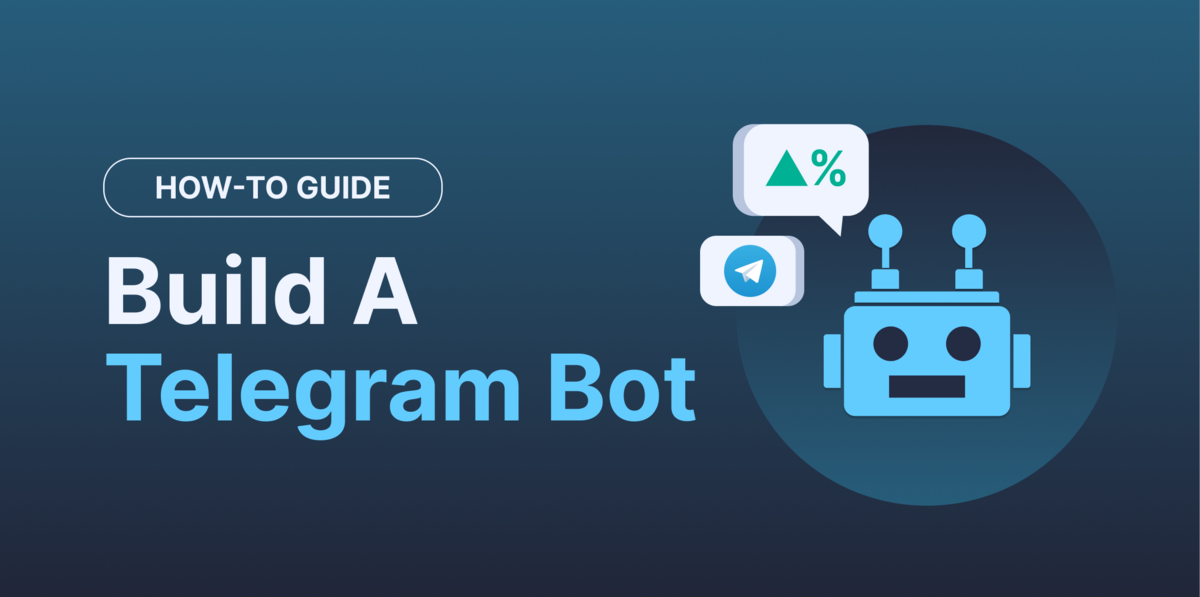Hot on the heels of Miami Mayor Francis X. Suarez being elected, the CityCoins project quickly announced the creation of its first CityCoin, MiamiCoin (MIA). MiamiCoins (and other CityCoins) aim to be a way for people to support the city, while also earning Stacks (STX) and BTC for themselves. We dive into this new innovative scheme and see how it can benefit local communities and investors.
How do CityCoins and MiamiCoin Work?
CityCoins are built on the Stacks Protocol, which enables smart contracts on the Bitcoin blockchain. The Protocol uses a novel “Proof-of-Transfer” consensus mechanism, which rewards miners with STX, but also has participants known as stackers (essentially stakers) which are rewarded with BTC for locking their STX in the protocol for a period of time.
Specifically for Miamicoin, people can mine and stack MIA for a portion of the STX mining reward in return, while a portion of the STX mining reward is allocated to a custodied reserve wallet only accessible to the financial controllers of the city of Miami. This city wallet will continue to accumulate STX, and the balance can be utilized by the city as they see fit.

© CityCoins
In addition, MiamiCoins are currently also tradable on the Okcoin exchange.
What's the Point of CityCoins?
Cities are seen both as hotbeds of creativity and innovative culture, and places where different actors (public sector, NGOs, citizens, entrepreneurs, etc.) receive continuous stimuli to engage in innovations that fulfill specific needs. In cities, problems related to unsustainable resource consumption, congestion, air pollution, migration, social exclusion, and other local civic issues eventually assume a critical dimension in terms of actual liveability. Hence instead of just small-scale experiments or pilots, the longer-term effects of innovations are “lived out” in cities. Cities are also sometimes fragile, where periods of relative serenity can suddenly be interrupted by outbursts of stagnation or crisis, putting pressure on public sector budgets, especially in delicate areas such as unemployment and social or environmental services. These phenomena become stimuli for innovative ideas, mainly by active local communities which understand the local context well.
Within a country, federal governments wield much power and control, especially from an economic perspective, particularly when it comes to the allocation of federal funds and resources. However, different cities or states within a country often have their own unique needs which need to be addressed at the local level and rely on local funding. While cities often have their own revenue streams, any new revenue is always welcome, particularly during pandemic hit times.
As at end-2021, MiamiCoin has generated more than $20 million worth of STX for the city. In September 2021, Miami city commissioners have voted to accept the MiamiCoin-linked funds, but have not drawn up specific plans on how to spend it yet. However, the commissioners have initially proposed for the funds to be directed towards programs to mitigate climate change, funding new initiatives for underprivileged communities, and crypto education and incentives for tech entrepreneurs. Mayor Suarez had in November 2021 also announced a “Bitcoin yield” to be paid out as dividend from the Miamicoin windfall to all Miami residents, namely registered voters. This payout aims to incentivize residents to open and try out digital wallets, but also to serve as an incentive to register to vote.
While there are no further concrete plans thus far, the CityCoins project have suggested several use cases for CityCoins in general:
1. Financial Incentives
The most direct usage of CityCoins to support the local community, which could include:
-
Discounts for CityCoins holders for sporting events and other activities.
-
Rewards for high-performing students or automated lotteries to help pay for student tuitions.
-
Delegating CityCoins as grants or collateralized loans to attract crypto founders and other businesses to their city.
-
Community-run “pothole fixer app” using geolocation, crowdfunding pothole repairs, and other simple maintenance needs in more remote areas. Especially useful if the city responds too slowly to these requests normally. Payments could be made in CityCoins and locked up in the app until the job is done and confirmed by the OP.
-
Creating an “autostacking” feature that automatically allocates CityCoins earnings towards buying or mining more CityCoin.
2. Community Governance
Similar to how DAO voting works in crypto today, CityCoin tokenholders can vote on community proposals such as:
-
Users could delegate their tokens (without losing them) to help modernize their communities by funding new initiatives, such as free WiFi or new solar panel installations.
-
CityCoins can be atomic swapped with other CityCoins as a means of voicing support for one city and disapproval for another. Imagine swapping $MIA with $SFO, for example.
-
Communities from different cities can pool their tokens to propose and vote on regional initiatives and projects, which can then be fueled by CityCoins.
3. Access Controls
Holders of CityCoins can be given privileged access to physical or digital spaces and services. For example:
-
Establishing a “Proof of HODL” login credential for certain physical and digital spaces and events.
-
Creating a decentralized global network of WeWork-style coworking/living spaces that requires CityCoins to access.
-
A decentralized, city-specific domain registrar that users can use as a personalized crypto wallet and app dashboard. Picture owning custom domains like ericadams.nyc or francissuarez.mia, where you can register names only through the spending of the city’s respective token.
-
Integrating tipping into Uber using CityCoins, or even creating a community-run Uber application with its own transparent and inalterable reputation and dispatch system.
Potential Pitfalls of CityCoins
While the city has decided to accept the windfall funds from MiamiCoin, it is notable that Mayor Suarez has stopped short of outright endorsing the project, repeatedly stressing that it is grassroots-led. As Vitalik mentioned here, perhaps one of the main traps that cities should avoid is too quickly sacrifice optionality. If you consider CityCoins as a local civic movement or community organization, local governments have always worked with a gamut of groups to achieve the broadest reach. CityCoins are no different from other crypto projects which can be forked, and if proven to be successful, you could imagine different forks emerging to compete for official endorsement and clout. While eventually streamlining to a single coin does have its benefits, city officials should take a considered approach before committing.
The other obvious challenge is that MiamiCoin, despite already launching, presents no obvious utility or project, besides stacking and earning STX. Instead, they are relying on the Miami community, or the Miami local city government, to adopt and build out further utility for the coin. Readers may well be reminded of $SOS and $GAS, which airdropped over Christmas without any utility or roadmap. CityCoin’s immediate priority should be to work with grassroots organizations to build out utility, or at least small scale experiments to prove its thesis so that actual Miami residents would be incentivized to hold and benefit from MiamiCoin. While there could be sports-fan-token-type hodlers from non-Miami residents who may just want to support the city (or benefit from stacking), longer-term it only makes sense for MiamiCoins to be majority held by Miamians.
Closely related to the question of utility is also whether MiamiCoin can be expected to become a sustainable source of income for the city. Crypto folks are no doubt familiar with how yield farming cycles work, and it remains to be seen if MiamiCoin can maintain sufficient scale in their staking pools to sustain the income levels they’re generating for the city today. Only with compelling utility (and / or outsized returns, which will eventually taper off) can the project expect to increase stickiness with MiamiCoin holders. On the flip side, the DeFi space has begun to experiment with ways to incentivize lock-in liquidity, with Olympus DAO’s bonding mechanism perhaps a good fit for CityCoins to maintain a sizeable staking pool while also distributing MiamiCoins cheaply across more users.
Finally, MIA, STX, and BTC are obviously also prone to price volatility, and the city or projects building on MiamiCoin or relying on MiamiCoin as a source of funding will be exposed to this volatility too. While there has been some overly grandiose pronouncements that this could become a form of Universal Basic Income (UBI) for Miami residents, how the city government and local organizations choose to handle this unstable windfall and corresponding price volatility will also be something to watch. It’s important to also note that as with most staking pool designs in crypto, the returns are typically front-loaded towards early adopters, who may not necessarily be Miami residents. If MiamiCoin is to become something akin to a public good, how the yield will be distributed more equitably towards all investors, across a more sustained period of time, will also be crucial to its long-term success.
Closing Thoughts
Running a city and empowering local civic movements are challenging tasks, and cities and local civic organizations need all the help they can get, particularly during pandemic times where financial resources have no doubt become even more constrained. If new revenue sources can be found quickly and delivered efficiently, there is no doubt that more cities will jump on board to adopt such tokens. Putting things into perspective, the $20 million generated by MiamiCoin for the city of Miami in 2021 is ~2% of the $877 million the city expects to generate in revenue for its general fund in 2022, a small but not insignificant amount, particularly when you consider the token was only launched in August
Since the announcement of MiamiCoin, CityCoins have also announced that New York City, with newly elected mayor Eric Adams, will be next in line to receive NYCCoin, and Austin next. While each city will undoubtedly benefit from the initial windfall, how it chooses to work with the CityCoins project, and whether there will be compelling utility and use cases built out for its local community, will be crucial towards its longer-term sustainability and success.
References and Further Reading
-
CityCoins Project: https://www.citycoins.co/
-
Stacks Protocol: https://www.stacks.co/
-
MiamiCoin Mining Data: https://miamining.com/mia.html
-
Miami Herald article on Miami voting to accept MiamiCoin, via GovTech: https://www.govtech.com/news/miami-votes-to-accept-4-5m-in-miamicoin-cryptocurrency
-
City of Miami Adopted FY 2022 Budget: http://archive.miamigov.com/Budget/docs/FY22/Budget%20in%20Brief%202021-2022%20ADOPTED%2012-16-21.pdf
-
Henry Fingerhut and Lauren Packard’s Op-Ed in the Miami Herald: https://www.miamiherald.com/opinion/op-ed/article256597301.html
-
Cities as Enablers of Innnovation, Springer: https://link.springer.com/chapter/10.1007/978-3-030-00123-0_3
-
Vitalik’s blogpost on Crypto Cities: https://vitalik.ca/general/2021/10/31/cities.html

Zhong is CoinGecko's Head of Research. Prior to CoinGecko, he led the Innovation Department at the Securities Commission Malaysia and was a key driver in the formation of policies regarding cryptocurrencies, the classification of cryptocurrency as securities, and the implementation of crypto-related regulations. Follow the author on Twitter @zhongychan









 Or check it out in the app stores
Or check it out in the app stores